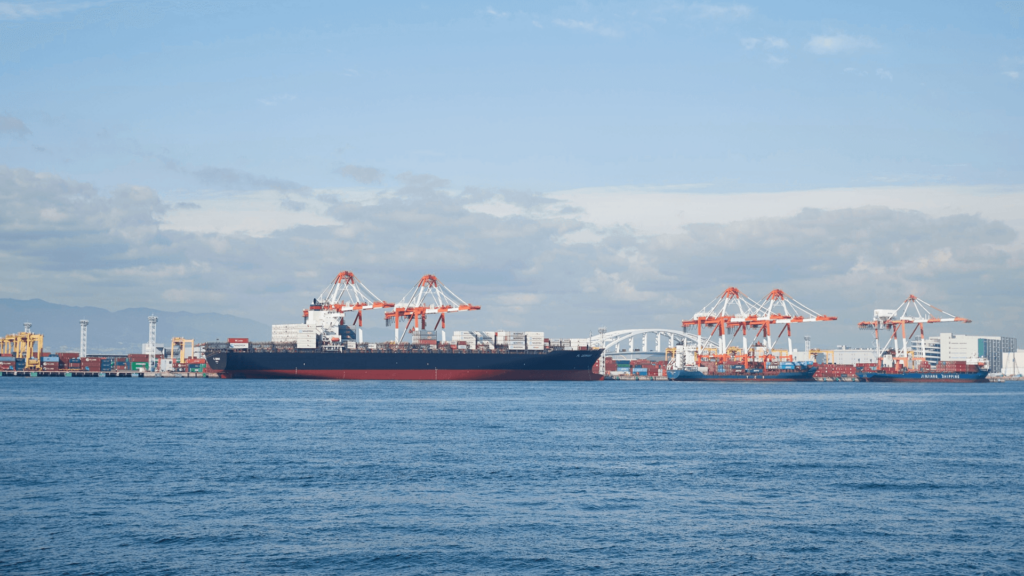
Following the usual approach of the Florence School of Regulation, stakeholders and academics will join the 5th Florence Intermodal Forum to examine the significant external costs of transport, and reflect on the necessary policy tools to internalise these. The discussion will be based on a new study “Sustainable Transport Infrastructure Charging and Internalisation of Transport Externalities”.
BACKGROUND
Personal and goods transport entail a significant societal and economic cost in the form of environmental and human health impacts, accidents, congestion, as well as infrastructure wear and tear. These costs are, however, largely unaccounted for in the price that transport users pay today.
In the absence of a dedicated policy framework, transport users do not consider external costs as part of their travel decisions. Cost reflective price signals are key to incentivising efficient transport patterns, while enabling consumers and industry actors to make informed purchase and investment decisions. The adequate internalisation of transport’s external and infrastructure costs offers important benefits in terms of promoting a more efficient use of infrastructure, reducing the transport sector’s contribution to climate warming CO2 emissions, air and noise pollution, while securing fairness for transport users.
Back in 2011 the European Commission acknowledged in its White Paper the importance of implementing ‘fair and efficient transport pricing’, and a number of ongoing legislative processes, most notably the revision of the Eurovignette Directive on road pricing, aim to enact the ‘user pays’ and ‘polluter pays’ principles. Yet while there is agreement over the general principles, the specific policy design is still to be determined. What is more, the French government’s recent backing down on a tax proposal that would have seen fuel prices increase by just under 3% shows just how difficult it is to impose any economic pain in the name of tackling climate change.
In order to summarise the existing scientific and practitioners’ knowledge the first Handbook on external costs was presented in 2008 as an output of the IMPACT study. The focus was on transport’s marginal external costs as a basis for the definition of efficient pricing schemes. The Handbook, however, did not provide information on existing taxes and charges or infrastructure costs, which was collected in 2012 in the Inventory of measures of internalisation.
The update of the Handbook followed in 2014. In comparison to the 2008 Handbook, the updated Handbook integrated infrastructure costs, which were initially addressed in a separate report, and provided more detailed country- and area-specific estimates of marginal external cost.
The European Commission recently commissioned a new study “Sustainable Transport Infrastructure Charging and Internalisation of Transport Externalities”, whose aim it is to feed into ongoing debates, both on technical and policy levels, through an update of the handbook on external costs, of the infrastructure costs and of the existing internalisation measures. The study’s scope is much broader and also more detailed than any work previously done in this area. The forum will share latest findings and discuss them. The study indeed compares infrastructure and external costs with taxes and charges paid by transport users. Based on this comparison it becomes evident that users and polluters do not fully pay the total costs (external and infrastructure) they are responsible for.
These preliminary findings lead us to the idea that, so far, in the EU the principle ‘the society pays’ is more applicable than e.g. ‘the user pays’ or ‘the polluter pays’. To put things into perspective, the study finds the overall size of transport external costs to be around 1 000 billion euro annually, the equivalent of almost 7% of EU28 GDP. Moreover, discrepancies can be observed between transport modes, with rail users paying a higher share of their external costs than road users.
This forum gathers policy makers, industry representatives from all transport modes, and academics for a well-timed discussion, based on the new study, to examine the significant external costs of transport, and reflect on the necessary policy tools to internalise these. More specifically, the forum seeks to answer the following three critical questions:
DOWNLOAD:
EUROPEAN TRANSPORT REGULATION OBSERVER
RELATED PRESENTATIONS:
For more information, please contact FSR.Transport@eui.eu.

The 4th Florence Rail Regulation Conference aims to discuss advancements for accelerating the growth of the railways in the EU.…

The 3rd Florence Aviation Regulation Conference aims to discuss current and future economic and regulatory policies relating to European air…

The 1st Florence Maritime Regulation Conference aims to discuss regulatory advancements that accelerate the competitiveness and sustainable development of shipping,…
To meet, discuss and learn in the channel that suits you best.